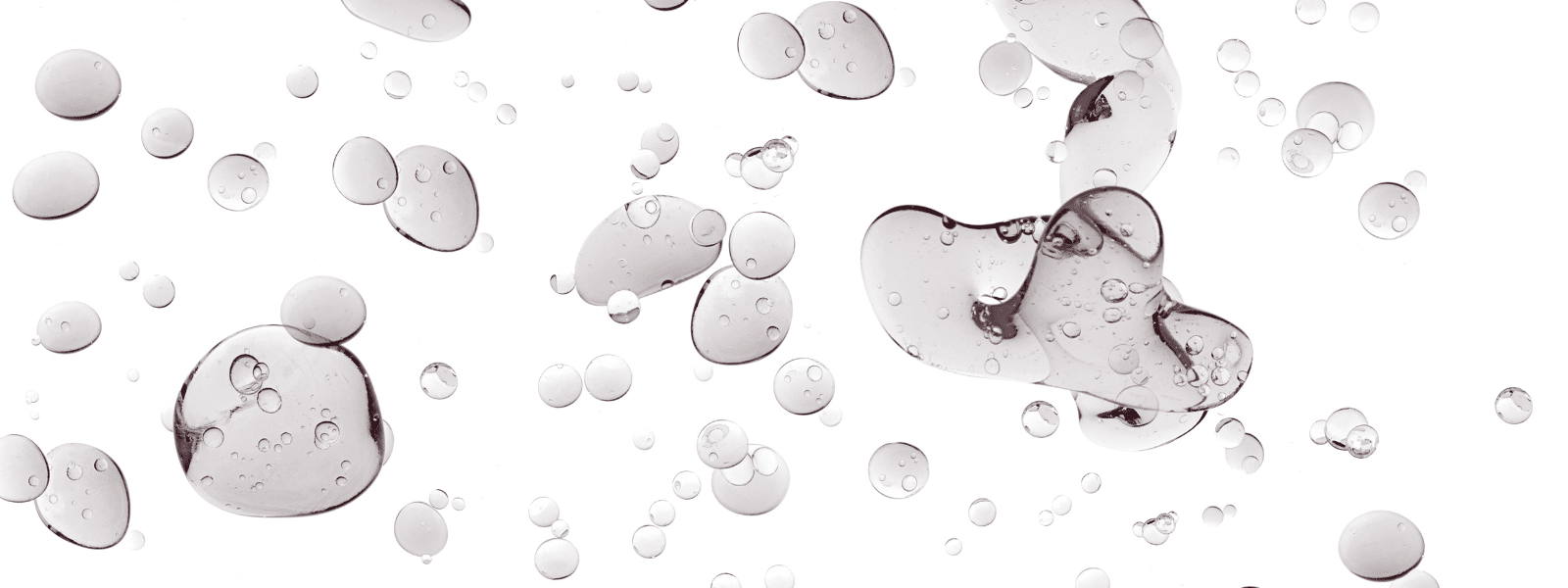Medical grade isopropyl alcohol is a concentrated form of standard isopropyl alcohol. It has a purity of 99% or thereabouts, depending on a manufacturer’s formulation process. In medical settings, the product is generally used as a cleaner — particularly as a sterilizer — to cleanse skin for treatments and dressings, and to kill bacteria on medical instruments and surfaces.
Medical grade isopropyl alcohol has a truly diverse range of applications, but there are three safety factors that end users should consider with any type of application: the product’s low flashpoint, its high evaporation rate, and what happens when the solution comes into contact with humans. We take a closer look at each factor below.
- Low Flashpoint
The flashpoint for 99% Medical grade isopropyl alcohol is exceptionally low, registering at 12 °C closed cup and 18 °C open cup. Closed cup preparations have a lower flashpoint because the product retains more alcohol, and vapor from the alcohol remains concentrated instead of diffusing into open air.
This means the product should never be used to clean energized equipment and never be stored in an area that has possible ignition sources (heating elements, switchgear, metal grinding stations, etc.) A professional solvent supplier can advise you on the best storage options in relation to the structure of your facility and its operations.
- High Evaporation Rate
Due to its high percentage of purity, medical grade isopropyl alcohol is even more evaporative than the rubbing alcohol pharmacies sell, with a vapor pressure of 43.996 hPa at 20 °C. If the solution’s container is left open, waste occurs rapidly in the form of evaporation. In addition to wasting the product, letting it evaporate in medical settings can cause negative health effects in patients, some of which are listed below.
- Contact With Humans
Unlike many solvents used to sterilize medical equipment, medical grade isopropyl alcohol doesn’t cause immediate harm when it contacts skin, although repeated contact can cause profound skin dryness. Like standard isopropyl alcohol, the chemical produces a burning sensation when it contacts the eyes and open wounds, with the high-purity formulation intensifying the effect.
As an overview from MDGuidelines notes, negative health effects from medical grade isopropyl alcohol can occur with short-term exposure and include: “dizziness, giddiness, headache, nausea, vomiting, and irritation of the skin, eyes, nose, and throat.”
Prolonged exposure can lead to skin corrosion, as well as “reduced memory and concentration, personality changes (withdrawal, irritability), fatigue, sleep disturbances, reduced coordination, and/or effects on nerves supplying internal organs (autonomic nerves) and/or nerves to the arms and legs (weakness, ‘pins and needles’).”
Need Medical Grade Isopropyl Alcohol?
If so, Ecolink has what you need. Our isopropyl alcohol is 99% pure, making it an excellent option for general sterilization and cleaning procedures in medical facilities. To inquire about the product or to place an order, please call us today at (800) 563-1305, or send us an email through our contact form. We look forward to supplying medical grade isopropyl alcohol to support your cleaning operations.















